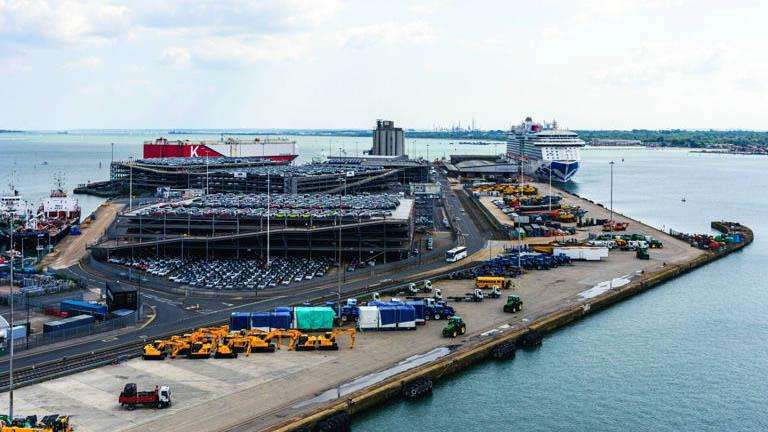The tragic death of Walid Gomaa, a 36-year-old Egyptian asylum seeker, has brought into sharp focus the immense pressures and desperation faced by those whose hopes for a new life have been shattered. Mr. Gomaa drowned in Southampton docks this April after a final, desperate attempt to board a cargo ship bound for Canada, an inquest has heard. His death is a heartbreaking reminder of the lengths to which individuals will go in their search for a safe and stable future.
Mr. Gomaa’s story is one of a man who arrived in the UK in 2021 seeking refuge, only to have his asylum claim denied the same year. For four years, he lived a precarious, undocumented life, a existence filled with uncertainty and a constant fear of deportation. It was in this state of desperation that he hatched a plan to travel to Canada, a plan he kept hidden from his friends, telling one simply, "Do not worry about it" when asked how he would get there.
On April 28, Mr. Gomaa’s final, tragic act unfolded at the Queen Elizabeth II Terminal. Crew members of the MV Tannhauser, a vehicle-transporter ship, spotted him as he tried to jump onto the vessel's ramp. Despite being warned by crew members to stop, he made a second, fatal attempt, hitting his head and falling into the unforgiving waters of Empress Dock. He drowned before a rescue boat could reach him. A post-mortem examination revealed that the cause of death was drowning resulting from a head injury, with the presence of cannabis and cocaine in his system. While these substances may have contributed to his risk-taking, they do not diminish the profound despair that must have driven him to take such a desperate chance.
The inquest, led by Coroner Jason Pegg, detailed Mr. Gomaa’s final moments, but it could not fully capture the four years of silent struggle that preceded them. Mr. Pegg offered his condolences to Mr. Gomaa’s family in Egypt, who were not present at the hearing.
Walid Gomaa’s death is more than just a statistic. It is a powerful and sobering testament to the immense psychological toll of the asylum process and the profound sense of hopelessness that can follow a denied claim. It serves as a stark reminder of the urgent need for a more compassionate and humane approach to those seeking sanctuary, and for a system that offers them a real chance at a dignified life, not just the false promise of one.








.svg)


_1.jpg)
_2.jpg)